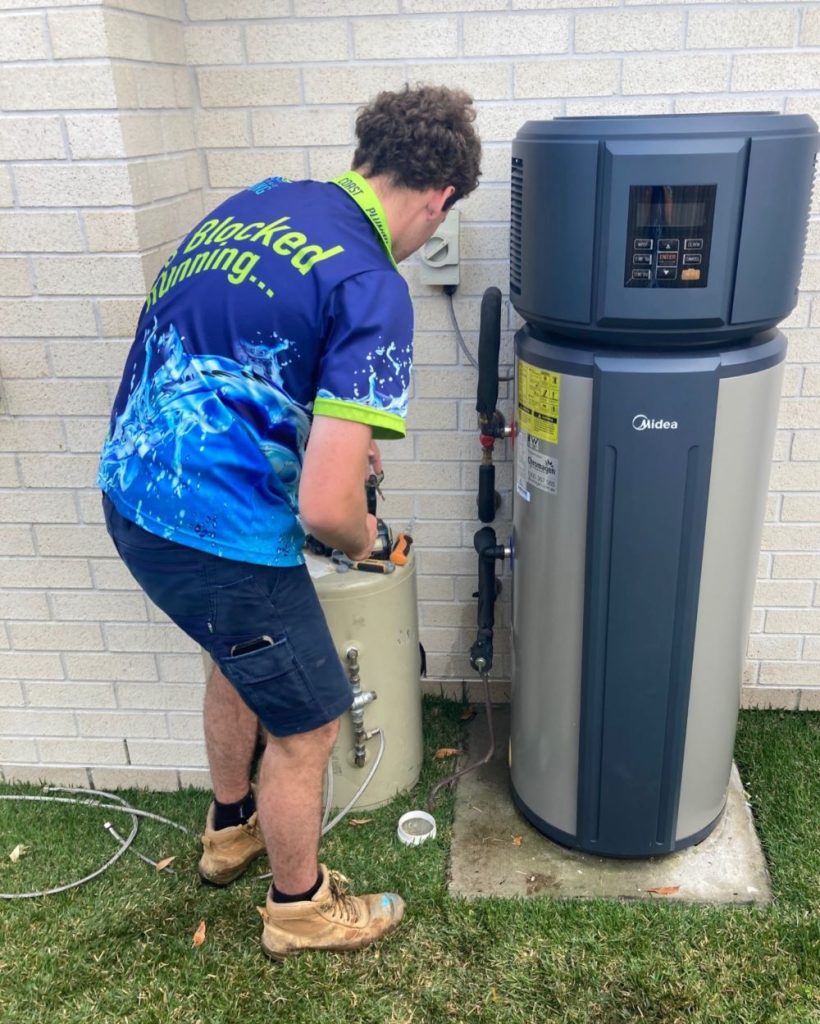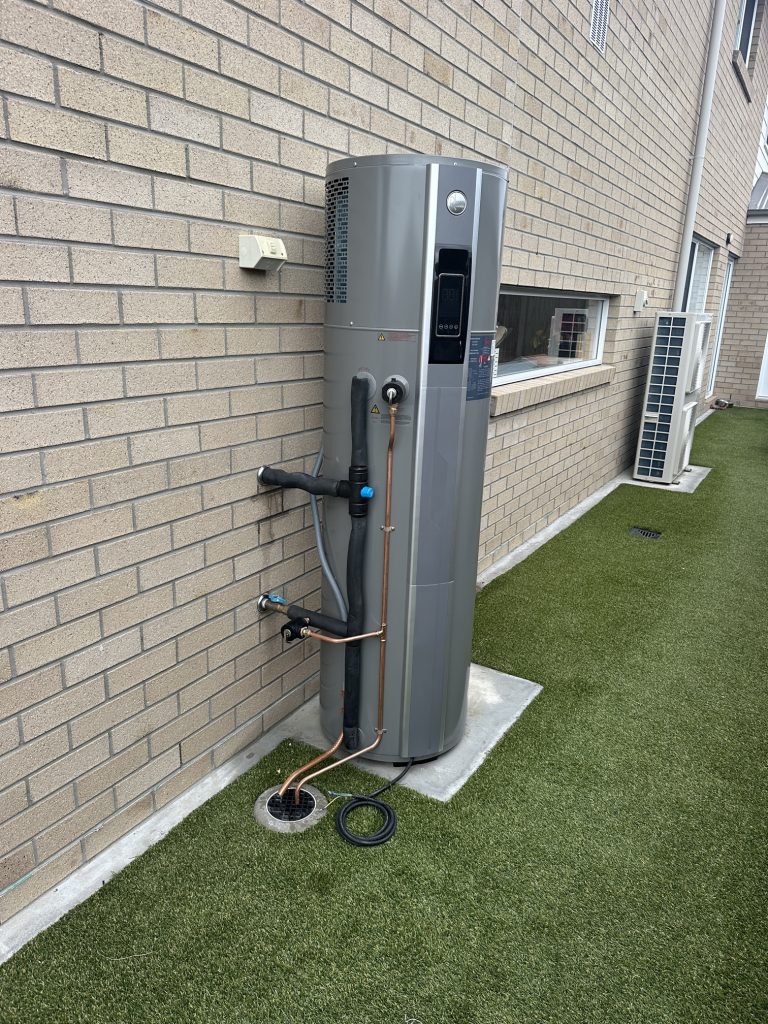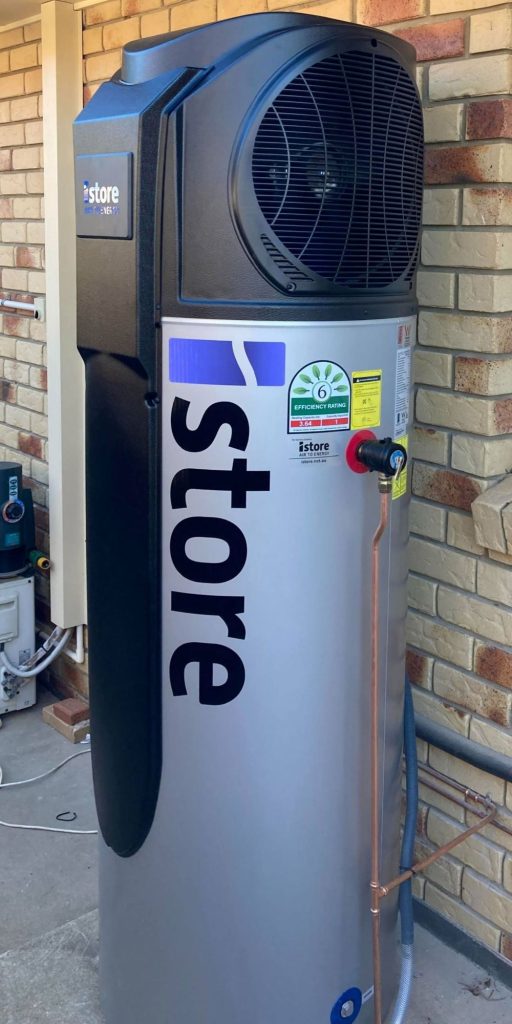Mastering the Selection Process for Hot Water Systems in Queensland’s Unique Climate
When it comes to selecting an appropriate hot water system for your home in Queensland, the decision process extends well beyond merely considering brand names or the system’s water capacity. It involves a thorough understanding of a variety of critical factors, including the local climate, prevailing humidity levels, electricity tariffs, and your household’s specific daily water consumption patterns. As energy prices continue to rise, many households are increasingly opting for heat pumps due to their remarkable energy efficiency and eco-friendly attributes. However, it’s essential to recognize that these systems are not universally applicable to every property type. A meticulous evaluation of all these elements is vital to ensure that you choose a hot water solution that delivers optimal performance and longevity.
This article seeks to delve into the operational effectiveness of heat pumps in the diverse weather conditions of Queensland, pinpoint the types of residences that stand to gain the most from these innovative systems, and dispel common misconceptions that might lead to subpar performance or incorrect system selections.

Enhancing Heat Pump Efficiency in Queensland’s Coastal Environments
Heat pump water heaters function by extracting thermal energy from the surrounding ambient air. Their operational efficiency significantly benefits from increased air temperatures. In the coastal regions of Queensland, particularly in popular areas like the Sunshine Coast, Brisbane, and the Fraser Coast, average air temperatures remain above 5°C throughout the year, including winter. This consistently warm environment enables heat pumps to operate efficiently year-round without requiring electric boosting or supplementary heating elements that are often necessary in cooler climates. By harnessing this natural energy source, homeowners can significantly reduce their energy bills and lower their carbon footprint.
Essential Environmental Factors That Enhance Heat Pump Performance
| Factor | Impact on Heat Pump Functionality | Coastal QLD Efficiency |
|---|---|---|
| Average ambient temperature | Higher = more efficient operation | ✓ Consistently maintained above 5°C |
| Humidity levels | Moderate improvements | ✓ Generally high and stable |
| Access to off-peak electricity | Lower operational costs | ✓ Widely available in most regions |
| Roof shading | Not a significant factor | ✓ No detrimental impact on system |
| Direct sunlight exposure | Not a necessity | ✓ Functions well in shaded conditions |
Identifying Scenarios Where Heat Pumps May Not Operate Efficiently
Although heat pumps offer numerous advantages, certain situations in Queensland may hinder their performance from meeting expectations:
- Inland or elevated regions
In areas such as Toowoomba or the Hinterland, nighttime temperatures can drop significantly during winter. In these circumstances, some models of heat pumps may struggle to maintain optimal efficiency without the assistance of a booster element, which can lead to higher energy consumption and costs. - Restricted or poorly ventilated outdoor spaces
Heat pumps require adequate airflow around their compressor units to function efficiently. In confined or enclosed settings, the efficiency of heat extraction can diminish, and operational noise might increase, potentially disturbing residents. - Large households with substantial water demand
In homes with more than six residents, systems designed for enhanced water storage or rapid recovery times, such as solar-boosted gas systems, may be more effective at meeting high hot water needs efficiently.
Dispel Myths Surrounding Heat Pumps in Queensland
“They become ineffective during winter.”
This misconception may apply to colder southern regions, but it does not hold true in Queensland. In locations where average temperatures consistently exceed 5°C, heat pumps maintain their efficiency throughout the winter months, ensuring a reliable hot water supply even in cooler conditions.
“Solar panels are essential for heat pumps to function.”
This claim is misleading. Heat pumps can operate independently of solar photovoltaic (PV) systems, although integrating them with solar energy can significantly enhance energy savings and promote sustainability.
“Heat pumps are excessively noisy and disruptive.”
Modern heat pump systems are designed to operate much quieter than older models. When installed correctly in well-ventilated areas, the noise produced by the compressor unit is typically minimal, allowing for a comfortable living environment.
Effective Strategies to Optimize Heat Pump Installation and Performance in Queensland
- Select a system designed for Australian conditions
Choose models that showcase high-efficiency ratings and reliable local support, such as istore or Stiebel Eltron, which are well-known for their performance in the Australian climate. - Install in a well-ventilated yet shaded area
Although heat pumps do not require direct sunlight, they do need adequate airflow around the unit to operate both efficiently and effectively. - Utilize timers or smart controls
By programming the system to work during periods of solar power generation or off-peak electricity hours, you can significantly enhance energy savings and lower operational costs. - Ensure proper sizing of your system
A capacity of 250–300 litres is typically sufficient for the needs of most families. A system that is too small can lead to performance issues and an increased reliance on boosting mechanisms, which raises energy consumption.
The Crucial Importance of Local Expertise for Successful Heat Pump Installations
The successful installation of a heat pump necessitates a tailored approach to achieve the best results. Collaborating with a local plumber who possesses expertise in the following areas can yield the most effective outcomes:
- Performance adapted to local climate conditions, ensuring optimal efficiency
- Eligibility for rebates such as Small-scale Technology Certificates (STCs) and various Queensland government incentives aimed at promoting energy efficiency
- Optimal placement and ventilation strategies that enhance system performance
- Integration with solar PV systems or battery storage solutions, if applicable, to maximize energy efficiency
At Creek to Coast Plumbing, we specialize in providing and installing high-performance hot water systems, including heat pumps, throughout the Sunshine Coast and Moreton Bay regions. Our dedicated team is committed to assisting you in determining which type of hot water service will best suit your needs. As the demand for energy-efficient hot water solutions continues to rise, many individuals are comparing solar options with heat pumps. We will assess the unique conditions of your home, recommend the most suitable system, and ensure you are prepared for maximum efficiency.
Discover more information about our Heat Pump Hot Water Installations or reach out to us for a personalized recommendation tailored to your specific requirements.
The Article: Heat Pumps in Queensland: Effective Solutions and Pitfalls first appeared on https://writebuff.com
The Article Heat Pumps in Queensland: Benefits and Challenges Explained Was Found On https://limitsofstrategy.com



